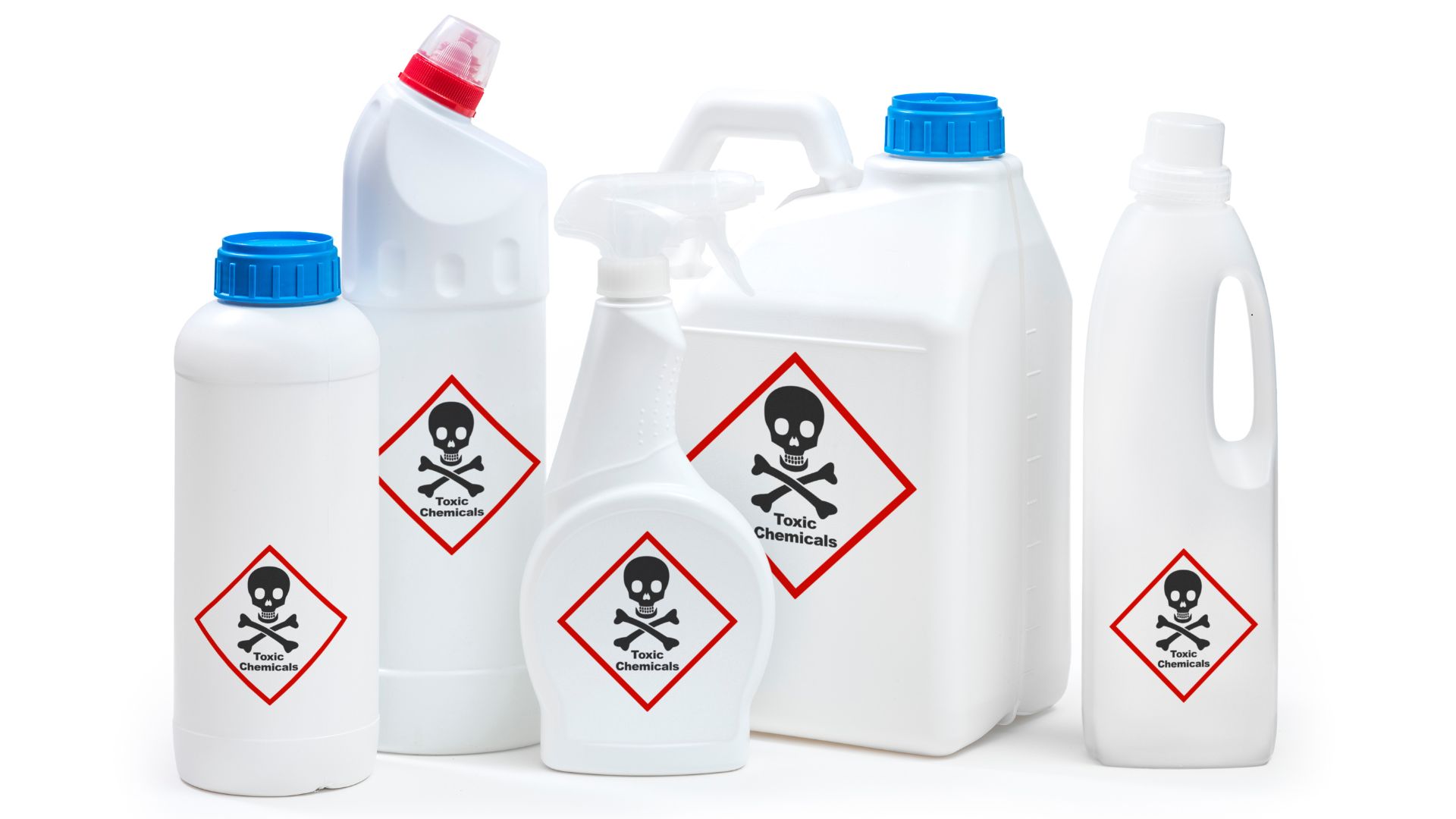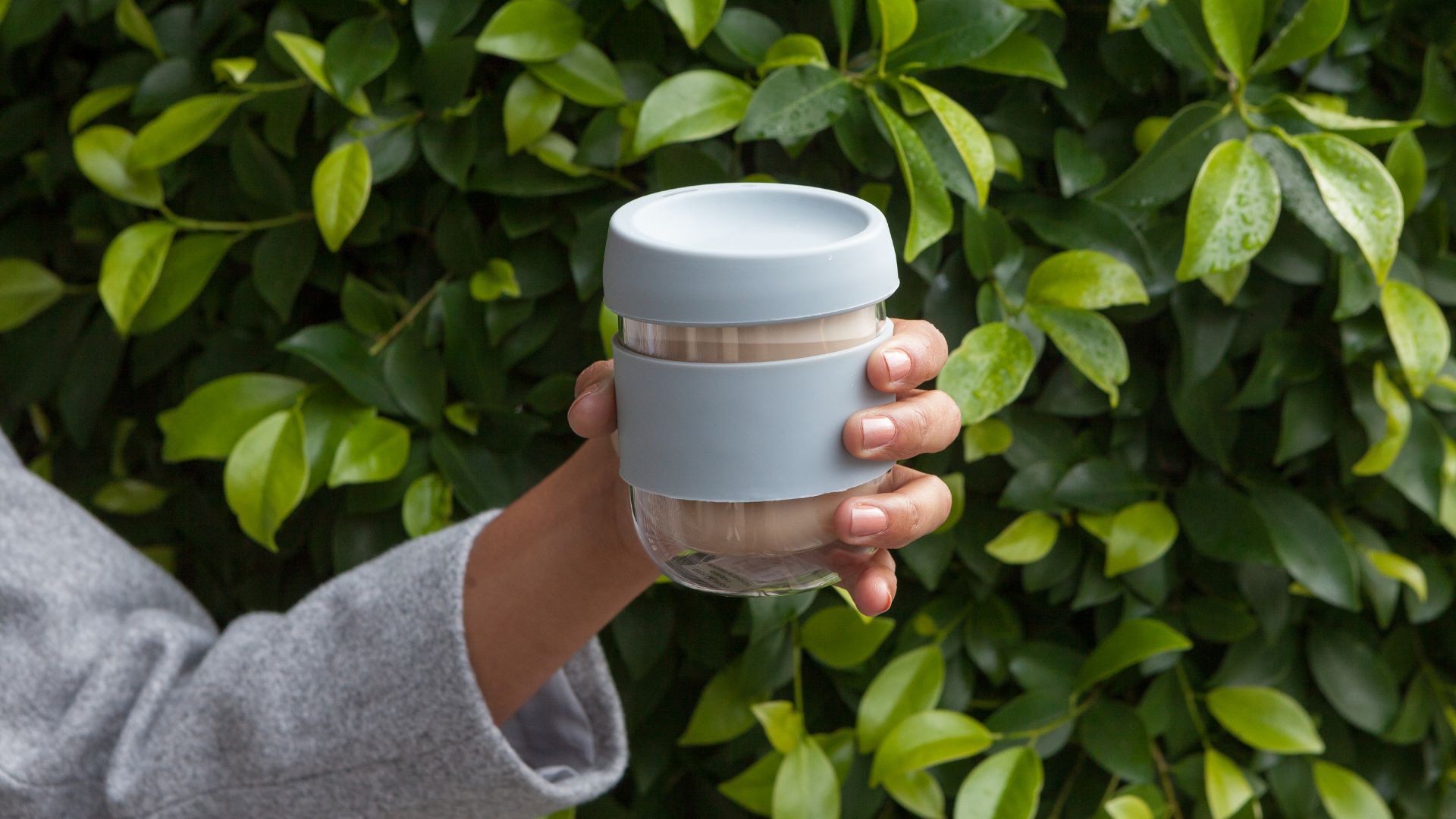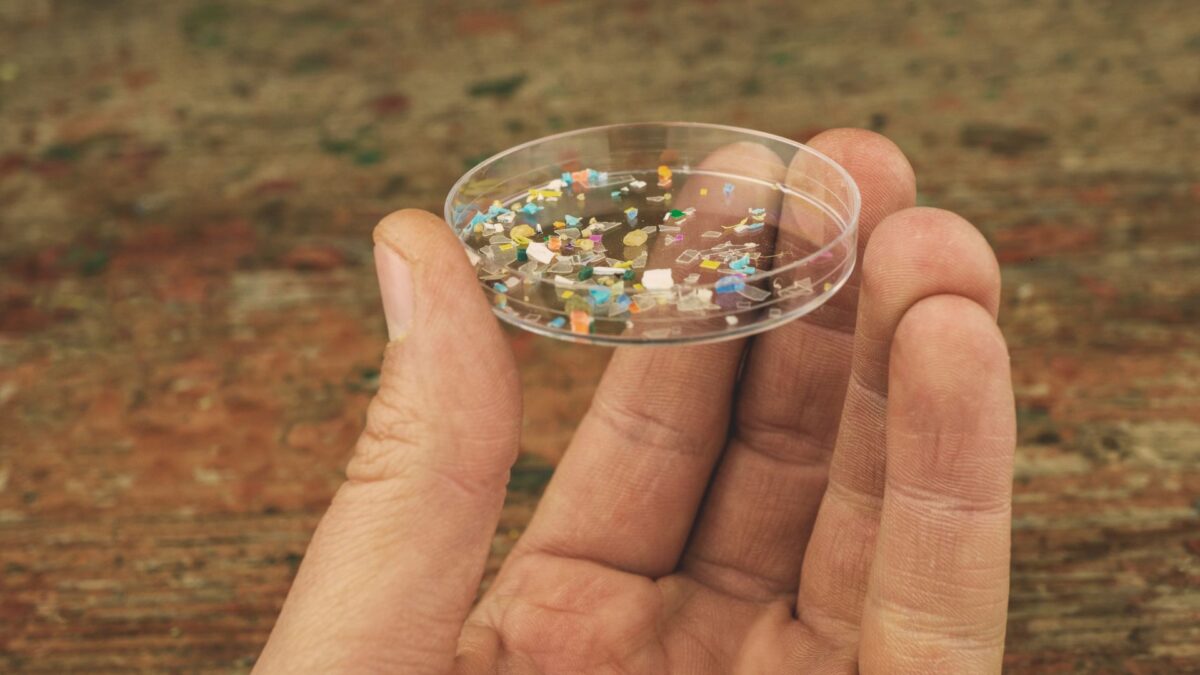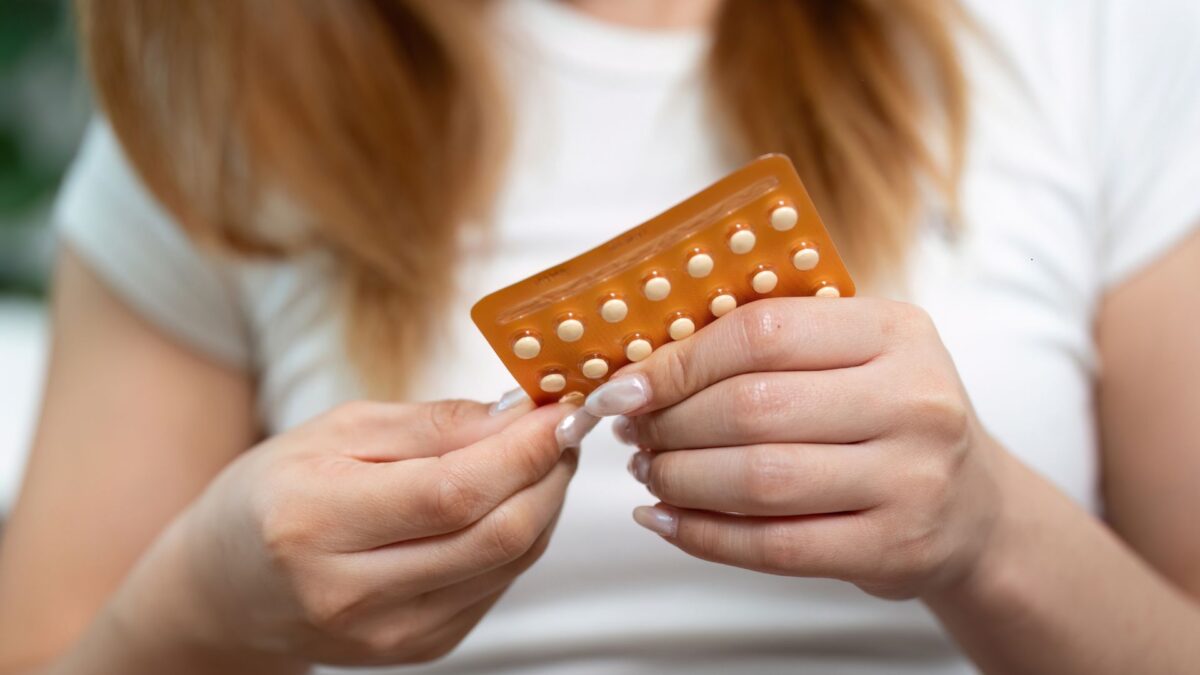What if the products you use daily were quietly interfering with your hormones?
Your water bottle, your shampoo, your comfy non-stick frying pan. Innocent enough, right?
But what if I told you these everyday products may be harbouring endocrine disrupting chemicals, substances that sneak into your system and start mimicking or blocking your natural hormones? These silent saboteurs can impact your metabolism, fertility, mood, immune system and even increase your risk of cancer.
The good news? You can take back control.
In this article, you’ll discover what hormone disruptors are, where they hide, how they affect your body, and most importantly, simple, practical ways to avoid them. Let’s dive in.
What Are Hormone Disruptors?
Hormone disruptors, technically called endocrine disrupting chemicals (EDCs), are synthetic or naturally occurring substances that interfere with your endocrine system, the complex network that regulates your hormones.
In plain language: Your hormones are your body’s messengers, coordinating everything from energy levels and metabolism to reproductive health and mood. EDCs confuse the message. They mimic, block, or alter how your natural hormones function.
Over time, this endocrine disruption can cause serious issues including:
- Fertility problems and menstrual irregularities
- Weight gain and metabolic disorders
- Thyroid hormone imbalances
- Mood swings, anxiety and depression
- Diminished immune response
- Premature breast development or early puberty
- Hormone-related cancers
And perhaps most frustrating? These harmful chemicals are lurking in places you least expect.
Common Everyday Sources of Hormone Disruptors
Here’s where these sneaky substances typically show up:
Plastics & Food Storage (BPA, phthalates)
Plastic water bottles, cling wrap, takeaway containers, and even food packaging often contain bisphenol A (BPA) and phthalates. These chemicals leach into your food and drink, especially when heated, and can disrupt metabolism and reproductive hormones.
Better choice: Switch to glass or stainless steel food containers and avoid heating food in plastic.
Cleaning Products (synthetic fragrances, chemicals)

Many conventional cleaners contain synthetic fragrances and industrial chemicals that release harmful volatile organic compounds (VOCs). These can affect your respiratory system and endocrine function—especially through skin contact or inhalation.
Better choice: Make your own cleaners with vinegar, bicarb soda and essential oils or choose eco-certified brands free from harmful ingredients.
Personal Care & Beauty Products (parabens, phthalates, triclosan)
Your shampoo, body lotion, deodorant, scented lotions, antibacterial soaps… may all contain certain phthalates, parabens, and triclosan. These are known to act like oestrogen, contributing to oestrogen dominance and thyroid hormone disruption.
Better choice: Go for clean beauty brands that are paraben-free, phthalate-free, and use natural fragrances or essential oils.
Household Items (non-stick cookware, flame retardants)
Non-stick pans often contain per and polyfluoroalkyl substances (PFAS), also called “forever chemicals,” linked to metabolic disorders and immune suppression. Flame retardants found in couches, carpets, and electronics can also disrupt hormone signalling.
Better choice: Use cast iron or stainless steel cookware and choose organic, untreated fabrics for furniture when possible.
Food & Pesticides (hormone residues, glyphosate)
Pesticide residues and hormones used in conventional farming may linger on produce and in animal products. These synthetic chemicals can affect your reproductive health and disrupt your hormone system over time.
Better choice: Prioritise organic produce, especially for high-residue fruits and vegetables (see the Dirty Dozen list).
Signs Your Body May Be Affected
Because endocrine disruptors mimic your body’s natural hormones, the signs of disruption are often subtle, slow-building, and overlooked. You might chalk them up to stress, aging, or “just life.”
Watch out for symptoms like:
- Unexplained weight gain or fluid retention
- Irregular or heavy periods
- Moodiness, anxiety, or fatigue
- Low libido or fertility struggles
- Skin breakouts or breast tenderness
- Trouble sleeping or concentrating
These may all be clues that disrupting chemicals are interfering with your natural hormone rhythm.
How to Avoid Hormone Disruptors

Now for the empowering part, what you can do about it.
In the Kitchen
- Store leftovers in glass or stainless steel containers.
- Avoid canned foods unless labeled BPA-free.
- Don’t microwave in plastic containers.
- Choose organic produce to avoid pesticide residues and hormone-laced meats.
In the Bathroom
- Switch to natural, paraben-free, phthalate-free beauty products.
- Choose unscented or naturally scented body washes, lotions, and shampoos.
- Ditch antibacterial soaps, they often contain triclosan, a known endocrine disruptor.
In the Laundry & Living Room
- Avoid dryer sheets and synthetic fragrances in cleaning products.
- Choose furniture made with natural fabrics and low-VOC materials.
- Open windows often to air out indoor pollutants.
In the Bedroom
- Replace non-stick cookware with cast iron, ceramic, or stainless steel.
- Choose organic cotton sheets and flame retardant-free mattresses when possible.
In Your Lifestyle
- Filter your tap water with a high-quality carbon or reverse osmosis system.
- Reduce plastic use wherever you can, bags, bottles, food wrap.
- Avoid using disposable coffee cups with plastic linings.
Expert Tips & Resources
Still not sure if your products are safe?
Check them using tools like:
- EWG’s Skin Deep Database
- Think Dirty App
- Chemical Maze App
Learn more from experts like:
- The Endocrine Society
- The World Health Organization (WHO)
- The Environmental Working Group (EWG)
These bodies have all raised serious concerns about the health effects of endocrine disrupting chemicals, particularly during critical life stages like pregnancy, infancy, and puberty.
Start Making Small Changes Today

It’s easy to feel overwhelmed by the idea that everyday products could be harming you. But you don’t need to toss everything overnight.
Start small.
Swap one product at a time. Replace your plastic water bottle. Switch your shampoo. Add an organic veggie or two to your shopping cart.
Each step you take reduces your exposure and brings your body back into balance.
And if you need help with how to purge hormone disrupting chemicals from your body then you need to fix your gut health first. Click here to take the first steps to fix your gut health naturally.
FAQs
What are hormone disruptors in everyday life?
They’re synthetic or naturally occurring chemicals that interfere with the body’s hormonal balance. Found in plastics, personal care items, food packaging, cleaning supplies, and pesticides.
How can you avoid hormone disruptors?
Use natural products, eat organic produce, avoid plastic food storage, and reduce exposure to synthetic chemicals and fragrances.
How to avoid environmental estrogen?
Environmental estrogens are common in plastics, cosmetics, and conventional meats. Avoid certain phthalates, parabens, and BPA, and support your body’s detox with fibre, hydration, and specific nutrients like DIM and zinc.
How can we reduce EDC’s in our daily life?
Read product labels, choose glass over plastic, cook with safe materials, use water filters, and follow resources like the Endocrine Society or EWG to stay informed.

Hayden Keys
Graduating from Western Sydney University in 2005 with a Bachelor of Health Science in Naturopathy, Hayden is a proud member of the Australian Traditional Medicine Society. With over a decade of clinical experience, Hayden established the Happy & Healthy Wellbeing Centre in Miranda in 2009. Read more...




